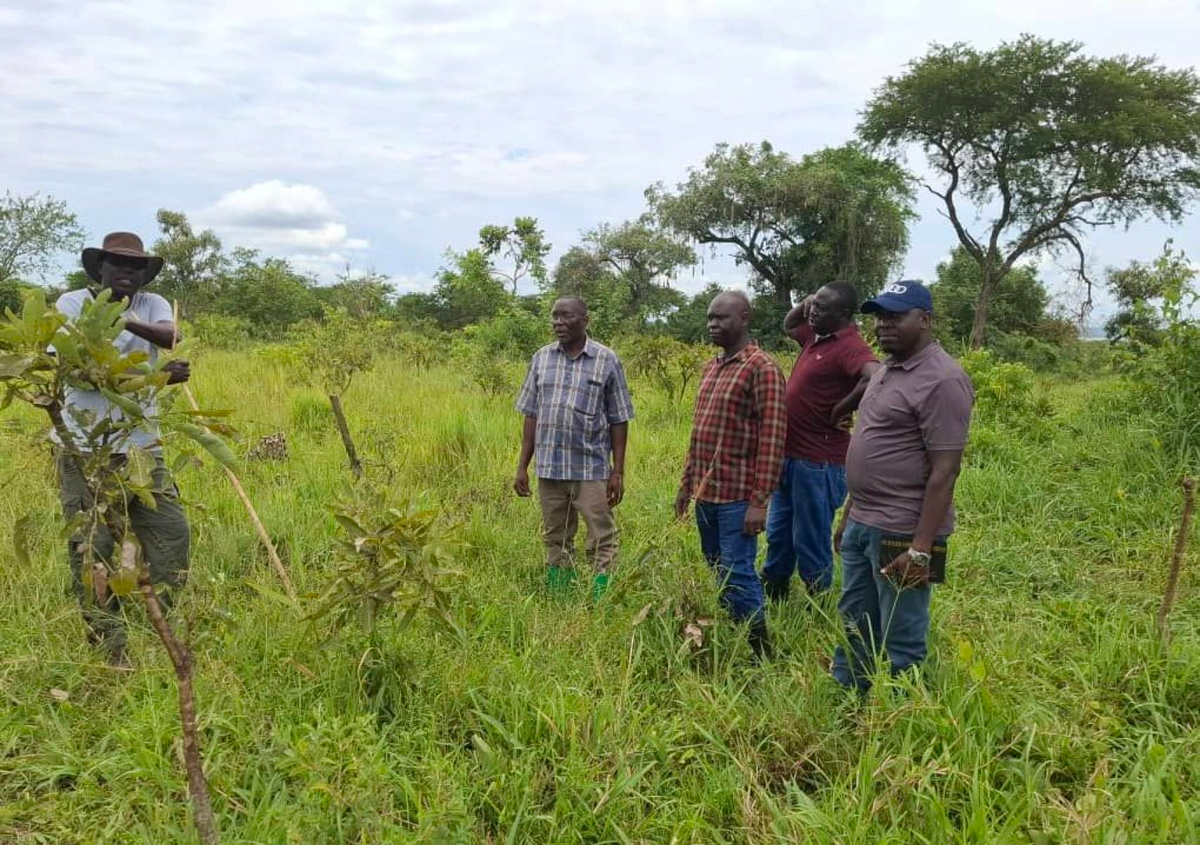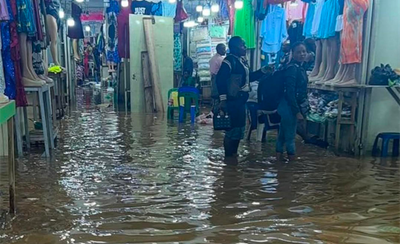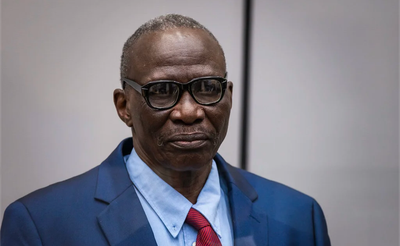
Gulu University has started direct discussions with individuals accused of occupying over 1,500 hectares of its land located in Lulyango village, Nyamokino Parish, Lungulu Sub-county, Nwoya district. University authorities say the effort aims to defuse tensions and recover the land peacefully, which has been designated for the expansion of the Faculty of Agriculture and Environment.
James Ojok Onono, the University’s Communications Officer, revealed during an interview with journalists that at least 17 individuals claiming ownership of the land have been approached for dialogue. The talks, which began on September 8, are being led by University Secretary David Obol Otori, supported by 15 staff members.
According to Onono, those who have agreed to negotiate will have their plots surveyed, followed by compensation determined by the government’s chief valuer.
He emphasized that the University has no intention of removing anyone by force, rejecting any allegations of threats or coercion. “Dialogue was chosen to ensure a peaceful process of reclaiming the land,” he said, adding that those occupying it will vacate once they are compensated.
University officials noted that the land was formally titled in 2015 to support expansion plans in agriculture and environmental sciences. However, it has since been taken over by private individuals and sublet to Balaalo herdsmen, in defiance of a presidential order restricting their presence in the area. A letter dated July 21, 2025, signed by Vice Chancellor Prof. George Openjuru Ladaah and addressed to the Minister for Northern Uganda, Dr. Kenneth Omona, raised alarm over the unauthorized occupation by Balaalo herdsmen.
In the same letter, Prof. Openjuru reported that 25 squatters and eight Balaalo herdsmen had settled on the land, using it primarily for cattle grazing. He noted that on July 3, 2025, a military team led by Maj. David Rurekura was dispatched to remove the Balaalo, but the operation was halted.
Sources indicate that the eviction was postponed due to the need for the University to provide formal proof of ownership. As a result, a meeting was held with the land occupants on July 14, where it was agreed that the University would collaborate with the chief government valuer to assess the land for compensation purposes.
It was further agreed that once the valuer submits a report, the identified occupants must vacate immediately to allow development to proceed. In his letter, Prof. Openjuru also appealed for the Minister’s intervention to help the University coordinate with the Office of the President and the Uganda People’s Defence Forces (UPDF) to enforce the eviction of the Balaalo herdsmen under Executive Order No. 2.
Squatters Respond
Some of the individuals accused of encroaching on the land have expressed support for the University’s new approach. Richard Tabora, one of the occupants, said the negotiations could resolve longstanding disputes over land rights. Tabora, who jointly holds 1,604 acres with the late Lt. Col. Augustine Anywar and John Oniba Lawoko, stated that they are willing to leave once compensation is paid. He also requested that they be given a three-month grace period to vacate after payment.
“We occupied the land in 2009, and when we started the process of titling it, we discovered it was already titled by Gulu University,” Tabora told reporters on Tuesday. He added that although they initially sought assistance from the Acholi Cultural Institution, the matter eventually went to Gulu High Court in 2014 and remains unresolved. “Now that the university has agreed to negotiations, we are considering withdrawing the case so that we can handle the matter through roundtable discussions,” he said.
District Officials Speak Out
Meanwhile, Nwoya Resident District Commissioner Christopher Omara has criticized the University for excluding local authorities from the process. He accused the administration of engaging with individuals who are not officially recognized as squatters and claimed that armed personnel were being used to threaten land occupants.
He warned that such conduct could heighten tensions. However, the University has denied these claims, insisting that the process is purely a peaceful negotiation aimed at reclaiming its land.
Source: URN















Sunrise reporter
Leave a Comment
Your email address will not be published.